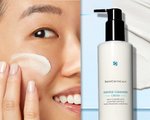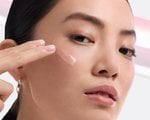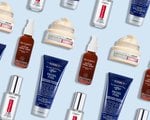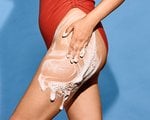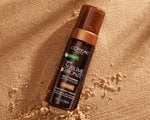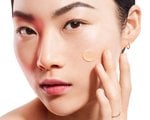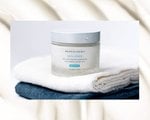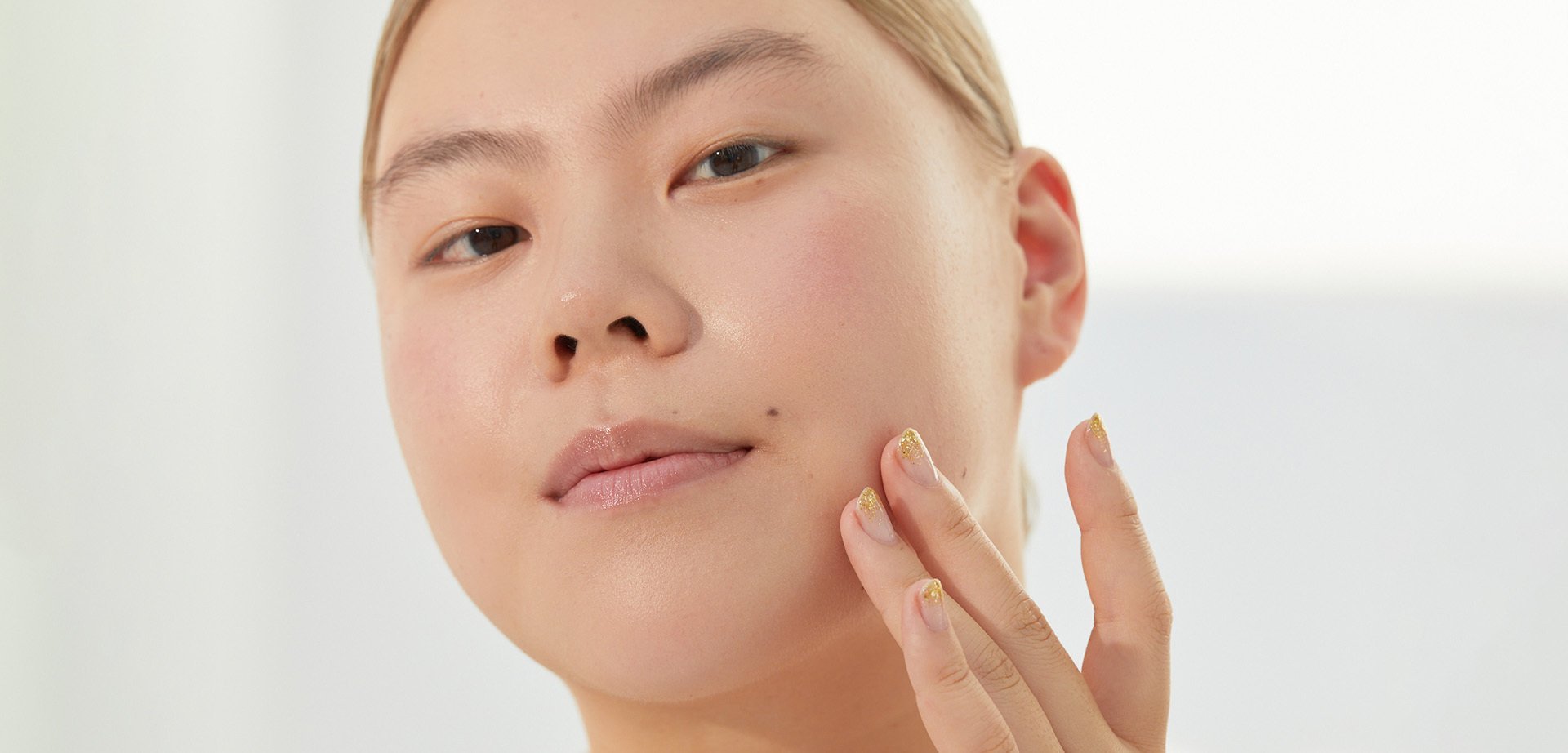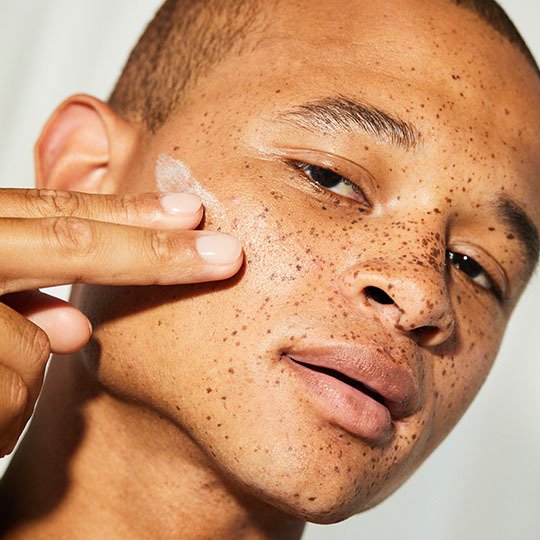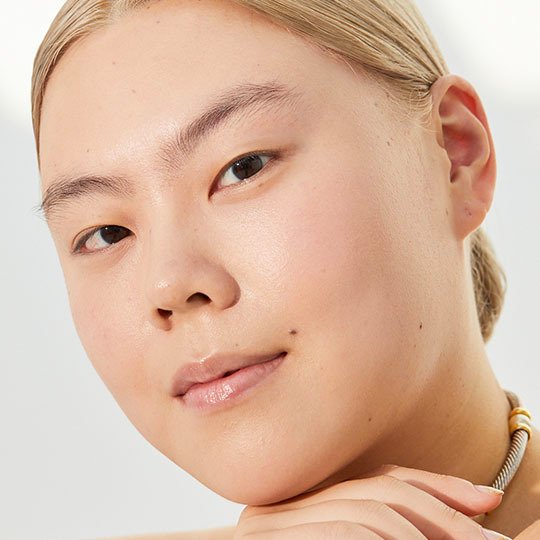Facial Moisturizers: Gels vs. Creams vs. Lotions
November 27, 2024What’s The Difference Between Gel, Lotion, and Cream Moisturizers?
Before you add a new moisturizer to your shopping cart, take a beat to learn about the different formulas. Most hydration helpers fall into the following categories: gels, lotions, or creams.
Gel moisturizers
- Texture: Gel moisturizers are typically water-based (rather than oil-based). As such, they feel lightweight on the skin and tend to absorb quickly without a heavy or greasy feel.
- Key Ingredients: Typically, gel moisturizers will have water listed as their first ingredient. They may also contain other lightweight hydrators, such as hyaluronic acid.
- Best For: Generally speaking, gel moisturizers are great for those with oily or acne-prone skin. They’re also excellent picks for those living or traveling in hot and humid climates since they can feel cooling on the skin.
- Benefits: Overall, gel moisturizers feel refreshingly lightweight and provide hydration without leaving the skin feeling slick or weighed down.
Lotion moisturizers
- Texture: Lotions are typically thicker than gel moisturizers but thicker than creams—think of your standard body lotion, and you’ll have a good idea of what these formulas feel like.
- Key Ingredients: Some lotions are water-based, while others contain lightweight oils. Lotions may also contain glycerin, dimethicone, or hyaluronic acid, depending on the formula.
- Best For: Lotions can be beneficial for a range of skin types. The best lotions for dry skin tend to be on the heavier side, while lotions for oily skin may have a more fluid, milky texture.
- Benefits: Generally speaking, lotions are pretty versatile. They’re neither too light nor noticeably heavy, which makes them well-suited for a range of skin types.
Cream moisturizers
- Texture: Cream moisturizers tend to be on the heavier side, with a thick, rich texture and nourishing feel.
- Key Ingredients: In general, creams are oil-based. These formulas often include occlusive ingredients, such as ceramides, shea butter, or petrolatum.
- Best For: It may come as no surprise that thicker creams work best for dry, mature skin types or those with sensitive skin. They can also be a great option for those who tend to struggle with temporary dryness during the cooler months.
- Benefits: Moisturizing creams are usually gentle and deeply nourishing. Many help hydrate the skin and lock in moisture to ensure long-lasting hydration.
How To Pick the Right Moisturizer for Your Skin Type
Before adding a moisturizer to your routine, you’ll want to determine your skin type. Once you figure out whether you’re dry, oily, or somewhere in between, you can find a formula that speaks to your skin's needs to help keep everything feeling hydrated and balanced. Here, we break down each type of moisturizer and who it typically works for.
Oily skin
The best moisturizers for oily skin tend to be lightweight, non-greasy, and water-based. Most gel moisturizers fit the bill and can provide the hydration oily skin needs to look and feel its best. Many are also designed specifically for acne-prone skin—if you’re prone to breakouts, look for “non-comedogenic” on the label. This means it won’t clog your pores.
The Kiehl’s Ultra Facial Oil-Free Gel Cream is one of our top picks for oily skin. It provides up to 24 hours of hydration and helps to visibly reduce shine, leaving the skin looking (and feeling) fresh and balanced.
We’re also fond of the IT Cosmetics Confidence in a Gel Cream Oil-Free Moisturizer. It’s ultra-light, breathable, and provides lasting hydration while helping to address skin concerns such as large pores and uneven skin texture.

Combination skin
Combination skin is oily in some areas (such as the T-zone) and drier in others (usually, the cheeks and jawline). To moisturize those drier areas without making your T-zone feel greasy, we suggest using a facial lotion. These formulas are typically richer than gels yet lighter than creams, offering that ideal balance of deep moisture without a heavy feel. The CeraVe AM Facial Moisturizing Lotion SPF 50, which contains hyaluronic acid, niacinamide, and ceramides, is an excellent pick. The non-comedogenic formula absorbs easily and provides lasting hydration without feeling greasy on the skin. Plus, it contains broad-spectrum SPF 50 mineral sunscreen to help shield your skin from the sun’s harmful rays. Just remember to reapply every two hours (or after sweating or swimming) for lasting UV defense.

Dry or mature skin
If you’re prone to tight, dry skin, a true cream may be your ideal hydrator. These thick, smooth, and sometimes buttery moisturizers have the weight to lock in moisture and provide hours of deep nourishment. One cream we love is the Youth to the People Adaptogen Deep Moisture Cream, a truly hydrating pick formulated with squalane, jojoba oil, and shea butter. It’s fragrance-free and helps lock in moisture without clogging pores. If you’re struggling with dry fine lines, dull skin, or wrinkles, we suggest giving the L’Oréal Paris Triple Power Anti-Aging Moisturizer a try. The formula, which contains pro-retinol, vitamin C, and hyaluronic acid, immediately softens and smooths the skin. Over time, it also helps reduce the appearance of wrinkles and renews skin texture and tone.

Sensitive skin
Finding skincare products for sensitive skin can sometimes be tricky, as this skin type is easily irritated (in some cases, even by “gentle” products). When choosing a moisturizer for sensitive skin, we suggest opting for mild, fragrance-free formulas that can help calm and soothe the skin. One option worth considering is the La Roche-Posay Toleriane Double Repair Face Moisturizer. It helps repair the skin’s natural moisture barrier while providing up to 48 hours of hydration to help restore the skin’s look and feel.

Normal skin
“Normal” skin means you have a decently balanced complexion in terms of dryness and oiliness and don’t often deal with skin concerns like breakouts or sensitivity. A lotion or thin cream that’s not too heavy and not too light is the perfect everyday moisturizer for this skin type. The SkinCeuticals Daily Moisture cream is one of our favorites—it’s lightweight, hydrating, and non-greasy, so it won’t leave your complexion looking slick or shiny.

3 Other Factors to Consider When Choosing a Moisturizer
While determining your skin type can help you narrow down which type of moisturizer is best for your needs, there are other factors that you may want to consider, too. Taking stock of climate conditions, thinking about how you plan to use your moisturizer, and identifying whether there are any specific skin concerns you’d like to address can also help you find the best match for your skin.
Climate
The weather can affect how your skin looks and feels—skin tends to be prone to dryness in the winter, while hot, humid conditions can make your skin feel oilier than normal. To ensure you’re getting everything you need from your moisturizer, it can be helpful to keep these changes in mind. During the summertime, you may find that your skin fares best with a lightweight, water-based gel moisturizer, since these formulas won’t feel heavy on the skin. A richer, creamier moisturizer, on the other hand, can provide deeper hydration to help keep your skin feeling hydrated throughout the wintertime. If you live somewhere seasonal, consider swapping out your moisturizer seasonally to help keep your skin looking and feeling its best. And no matter where you live, be sure to pair your moisturizer with SPF during the day.
Time of use
They say timing is everything, and that’s especially true where skincare is concerned. The hydrator you use in the morning doesn’t necessarily need to be the same as the one you apply in the evening (though it certainly can be for a minimalist routine). Generally, gel creams and lotions work best for daytime, since they can layer well under makeup and sunscreen. Richer creams are ideal for evenings to help replenish skin while you get your beauty sleep.
Specific skin concerns
While skin types play into what cream you choose, many of us also have skin concerns that a moisturizer can help address. If you’re looking to diminish the appearance of wrinkles, for example, you may want to consider opting for an anti-aging moisturizer. Those with acne-prone skin, on the other hand, may benefit from a targeted acne moisturizer to help address and prevent breakouts. When in doubt, consult a board-certified dermatologist to make a game plan for your skin needs and goals.
Next Up: Our 21 Favorite Moisturizers For Every Skin Concern
EXPLORE BY TOPICS AND BRANDS
- product-picks
- Moisturizers
- video-embed
- Embedded Video
- CeraVe
- Kiehl’s
- La Roche-Posay
- L’Oréal Paris
- SkinCeuticals
